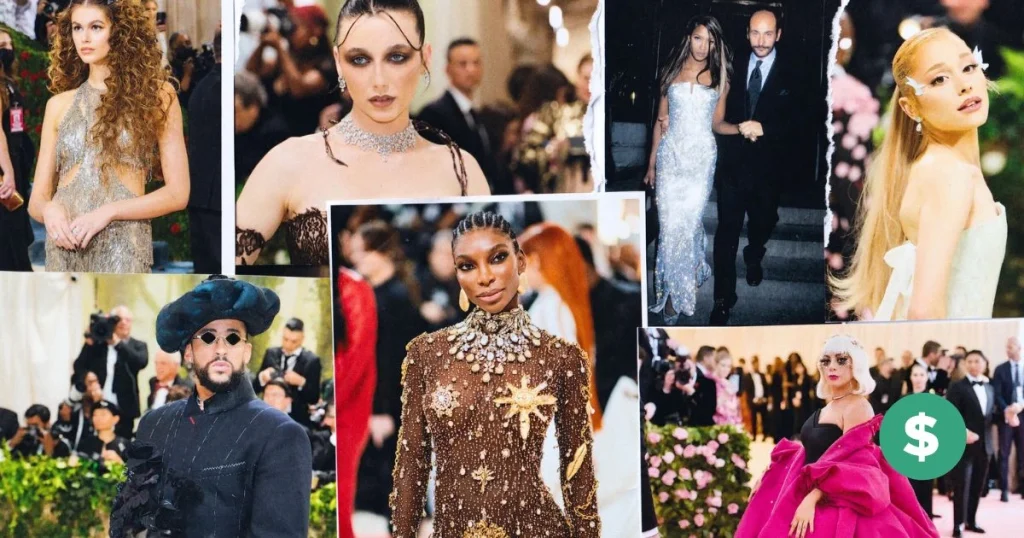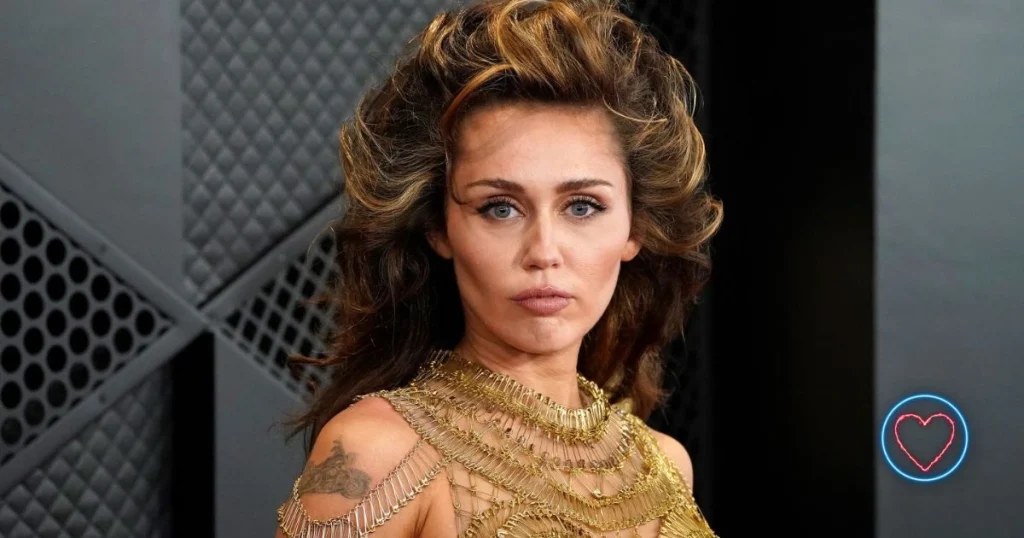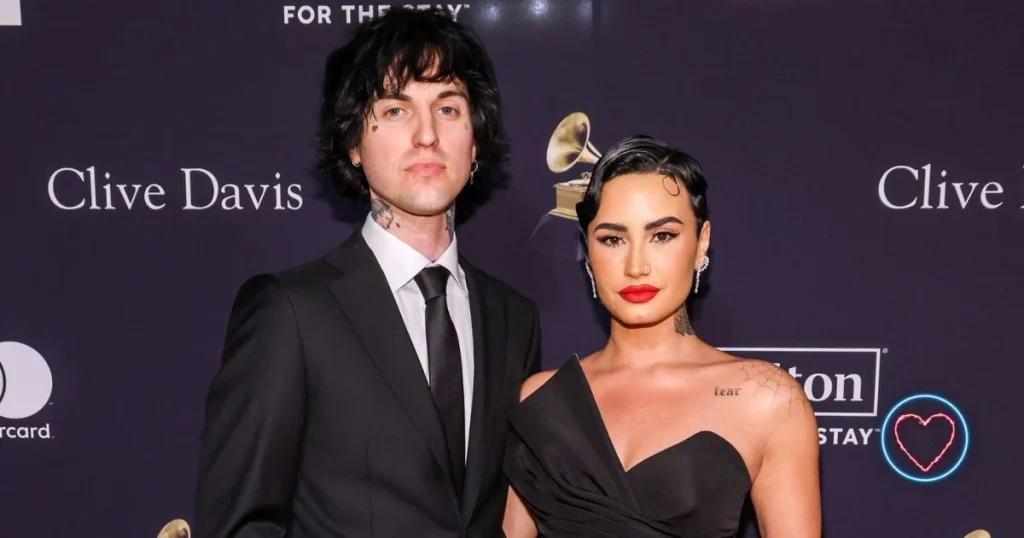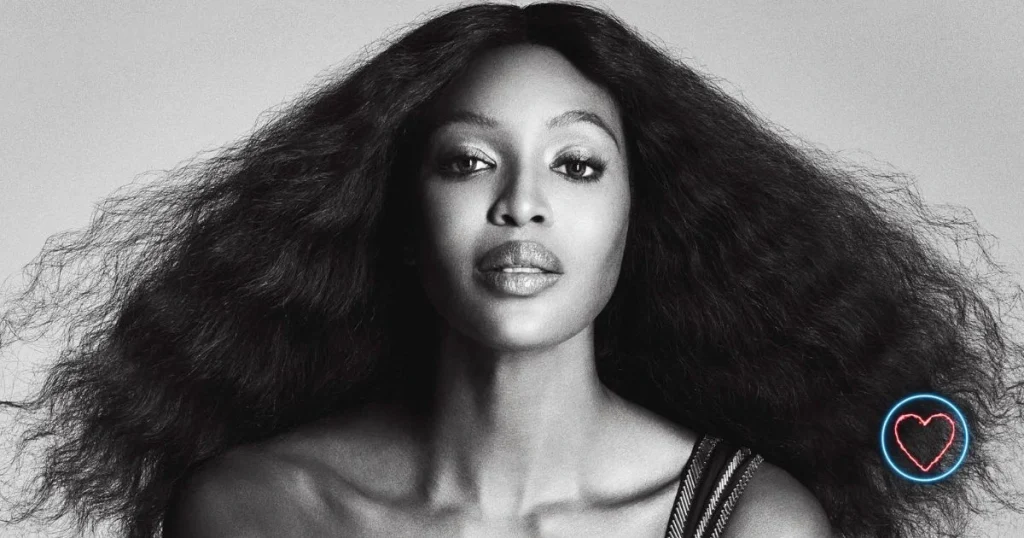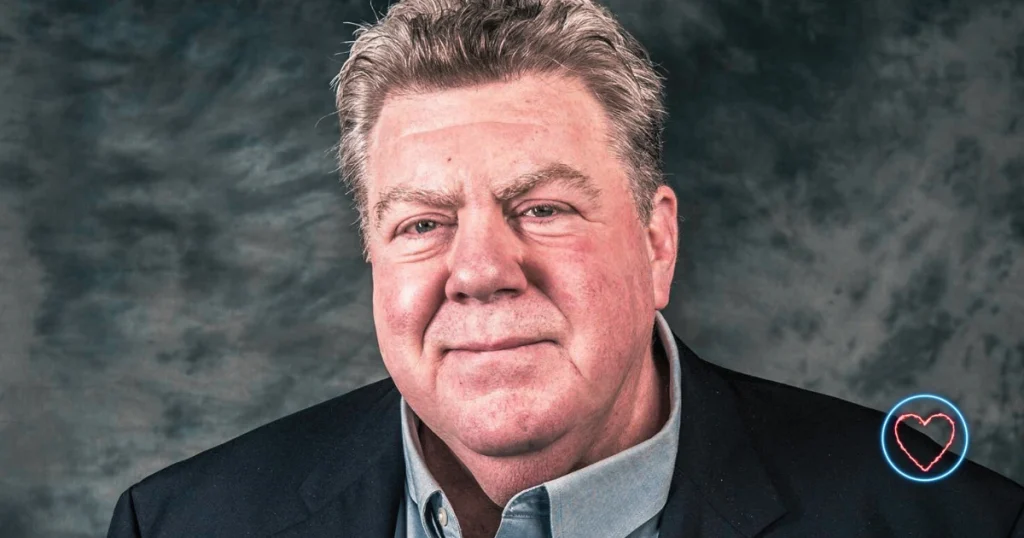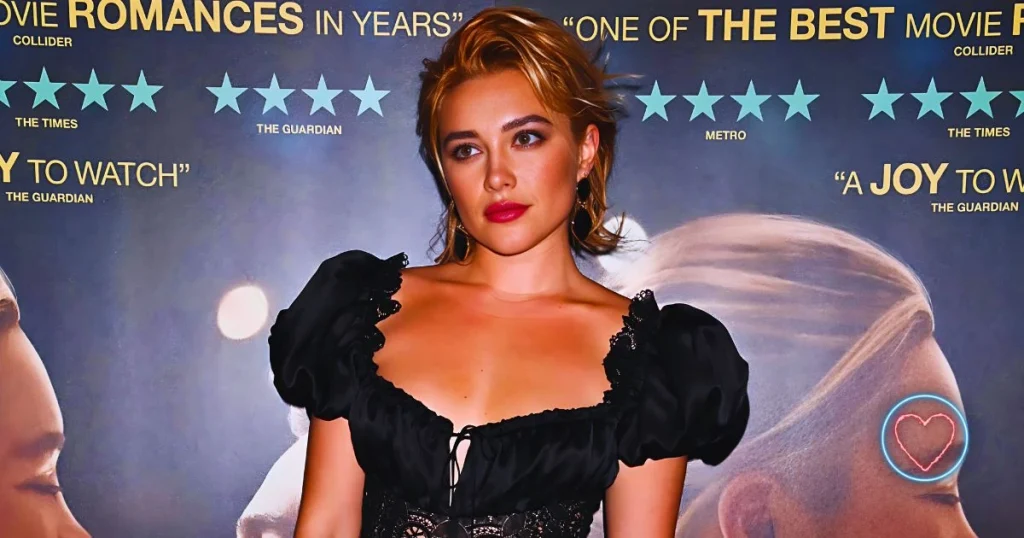Introduction: The Double-Edged Sword of Digital Stardom
Jenna Ortega has become one of Hollywood’s most influential young stars, thanks to her breakout role in Wednesday and a carefully curated career in horror and dark comedy. But with 76 million Instagram followers and near-constant online scrutiny, her fame comes with a dangerous downside: relentless digital threats, AI deepfakes, and privacy invasions.
As deepfake technology advances and cyber harassment grows more sophisticated, Ortega’s experience highlights a critical challenge for modern celebrities: How do you maintain control over your image in an era where anyone can manipulate it?
This article explores:
- The rising threat of AI deepfakes targeting young celebrities.
- How Ortega protects her privacy despite constant surveillance.
- The legal and technological battles shaping digital rights for public figures.
- Lessons for CEOs and influencers on managing online reputation in a high-risk digital landscape.
1. The Deepfake Epidemic: How Jenna Ortega’s Image is Being Weaponized
AI-Generated Exploitation: A Growing Crisis
In 2023, AI-generated pornographic deepfakes of Jenna Ortega circulated across social media and shady forums. These manipulated videos and images—created without her consent—showcase how easily malicious actors can exploit celebrity likenesses.
- A study by DeepTrace Labs found that 96% of deepfakes online are non-consensual pornography, with young female celebrities being the primary targets.
- Platforms like X (Twitter) and Reddit struggle to remove these fakes quickly, leaving victims with little recourse.
Ortega’s Response: Legal Action and Public Advocacy
Unlike some stars who stay silent, Ortega has openly condemned deepfake abuse, calling it a “violation of human rights.” While she hasn’t filed a lawsuit yet (unlike Scarlett Johansson or Taylor Swift), industry insiders suggest she’s working with legal teams to pressure platforms into faster removals.
Key Takeaway for Executives:
- AI fraud isn’t just a celebrity problem—CEOs and business leaders are also at risk of voice cloning scams and deepfake impersonations in corporate espionage.
- Proactive reputation defense (like digital watermarking and AI monitoring tools) is now a necessity.
2. “I Can’t Even Go to the Grocery Store”: Jenna’s Fight for Privacy
The Paparazzi Problem: When Every Move is Tracked
Ortega has spoken about the psychological toll of being followed constantly, from stalkers outside her home to hidden cameras in restaurants.
- In a 2024 Rolling Stone interview, she admitted:
“I’ve had to change my phone number five times. People find out where I live, where my family lives. It’s terrifying.”
- Doxxing attacks (where private addresses are leaked online) have forced her to hire 24/7 security.
How She Regains Control
- Limited Social Media Sharing: Unlike influencers who document every moment, Ortega rarely posts personal content, keeping her feeds professional.
- Geofencing & Legal Threats: Her team reportedly uses digital tracking blockers and sends cease-and-desist letters to harassers.
CEO Lesson:
- High-profile figures must balance accessibility with security.
- “Zero Trust” privacy policies (like encrypted communications and strict data sharing) are critical in an age of cyberstalking.
3. Digital Threats Beyond Deepfakes: Scams, Impersonators, and Hacking
Fake Jenna Ortega Accounts & Financial Scams
- Over 500 fake “Jenna Ortega” accounts on Instagram and TikTok have been used to promote crypto scams and phishing links.
- AI voice clones of Ortega have appeared in fraudulent ads, tricking fans into buying fake merchandise.
Cybersecurity Measures: What Her Team is Doing
- Brand Protection Firms: Ortega’s team employs AI-driven takedown services to remove impersonations.
- Two-Factor Authentication (2FA) & Biometric Locks: Ensuring her official accounts can’t be hacked easily.
Business Insight:
- CEOs are also targets of impersonation scams (fake Zoom calls, forged emails).
- Blockchain-based verification (like Twitter’s “blue checks” for organizations) can help mitigate fraud.
4. The Legal Battle: Can Celebrities Win Against AI?
Current Laws Are Lagging Behind Technology
- The U.S. has no federal law against deepfakes, leaving victims to rely on copyright claims or state-level “revenge porn” laws.
- The EU’s AI Act (2024) imposes some restrictions, but enforcement is patchy.
Ortega’s Potential Legal Strategies
- Suing deepfake creators under “right of publicity” laws (like Lindsey Lohan’s past lawsuits).
- Lobbying for stricter platform accountability (as seen with Taylor Swift’s pressure on X to ban deepfake searches).
Corporate Takeaway:
- Businesses must advocate for stronger AI regulations to protect their executives and IP.
- Internal AI ethics policies can prevent misuse of deepfake tech in marketing.
Conclusion: Jenna Ortega as a Case Study in Digital Survival
Jenna Ortega’s struggles with AI exploitation, privacy invasions, and cyber harassment reflect a broader crisis in the digital age. For CEOs and public figures, her story underscores:
The need for aggressive AI monitoring & legal safeguards.
Why privacy can’t be an afterthought in personal branding.
How deepfake threats will only grow—requiring preemptive action.
As Ortega navigates these challenges, she’s not just protecting herself—she’s setting a precedent for how the next generation of stars and leaders can fight back.
Final Thought: Will Jenna Ortega Become the Face of Digital Rights Reform?
With her influence, could she testify before Congress on AI laws, like other celebrities have? If so, her battle could reshape how the internet treats fame forever.


